Table of Contents
Key Takeaways
- Understanding the physiological effects of alcohol can aid in recognizing addiction and the importance of detoxification.
- The detox process should be medically supervised to ensure safety and provide the necessary support for withdrawal symptoms.
- Post-detox recovery involves holistic lifestyle changes and coping strategies that cater to maintaining long-term sobriety.
- Knowing the causes of relapse and having prevention strategies is crucial for enduring recovery.
- Recovery stories serve as powerful examples of hope and the ability to overcome the hold of alcohol addiction.
The Science of Alcohol Addiction and its Impact on the Body
Alcohol addiction is not merely a social challenge; it’s a medical condition where the brain’s reward pathways are hijacked by alcohol. The compulsive urge to consume alcohol arises from the dysregulation of the neurotransmitters, which are responsible for the communication between nerve cells. As the rewarding effects of alcohol diminish with regular and increased consumption, a person may find themselves in a relentless pursuit of that initial euphoria. This is the point where physical addiction takes hold, altering the body’s status quo. A detailed examination of The Effects of Alcohol on Your Body showcases how alcohol upsets the balance in various bodily systems, contributing to long-term health issues.
Recognizing the Signs of Alcohol Dependency
Recognizing alcohol dependency is pivotal for seeking and receiving help. Physical and psychological symptoms mark it. Behaviors such as drinking to stave off withdrawal symptoms, sacrificing social and work outings for drinking, and continued consumption despite awareness of the escalating negative consequences signify dependency. Physical signs are numerous and can include:
- A high tolerance to alcohol.
- I am experiencing withdrawal symptoms like shakes, nausea, and anxiety.
- The inability to cut down or stop drinking.
Identifying these signs early can be critical to begin the journey toward recovery.
The Importance of a Managed Alcohol Detox Process
An alcohol dependency requires a medically supervised detoxification process. Without medical supervision, the detox experience can be unsafe and even life-threatening due to potential severe withdrawal symptoms, including seizures and delirium tremens (DTs). A managed detox program like the Alcohol Detox in Fort Lauderdale, FL, ensures a person’s vitals are closely monitored and any complications are promptly addressed. Medicines to ease withdrawal symptoms are often an integral part of these programs. There’s substantial evidence, as illustrated in the article Medications Can Help People Stop Drinking that the correct therapeutic protocols can significantly improve the detoxification experience.
Steps Involved in an Effective Detoxification Program
The detox process typically begins with a thorough assessment to understand the individual’s health status and addiction severity. Once the evaluation is complete, the detox phase starts, often involving medications to manage the withdrawal. A team of healthcare professionals provides constant support to ensure patients detox safely. Psychological support is also offered to help manage the emotional challenges during this phase.
Coping Mechanisms and Support During Detox
Detoxification is physically and emotionally demanding, necessitating effective coping mechanisms. Strategies such as mindfulness practices can reduce stress, and activities like exercise can help manage cravings. Beyond individual tactics, support from family, friends, and recovery peers often becomes a cornerstone of successful detox. Trained professionals also offer counseling during this critical time to address both the manifestations of withdrawal and the underlying issues related to addiction.
Post-Detox: Laying the Groundwork for Long-term Sobriety
Detox is just the beginning of a lifelong commitment to sobriety. After the body is cleared of alcohol, the long-term work of maintaining sobriety begins. Continuing therapy, attending support groups, and actively committing to a sobriety plan are all activities that build upon the foundation laid by detox. This phase is crucial as individuals reimagine their lives without alcohol and create new, healthier patterns of behavior.
Understanding Relapse: Causes and Prevention Strategies
Relapse is not a sign of failure; it’s a standard part of the recovery journey. It highlights areas where additional coping strategies may be needed. Understanding what triggers relapse is vital, as is learning how to navigate these triggers. A relapse prevention plan should include strategies for dealing with high-risk situations and the development of healthy habits to replace the role alcohol once played in the individual’s life.
The Role of Physical Health in Maintaining Sobriety
Physical well-being is intricately connected to recovery from alcohol addiction. Nutrition plays a significant role in repairing the body post-detox, and regular exercise can reduce stress and alleviate some of the psychological impacts of recovery. Adequate sleep is also crucial, as it helps regulate mood and rebuilds cognitive functions that alcohol may have impaired.
Legal and Social Consequences of Alcohol Addiction
The consequences of alcohol addiction can extend beyond the individual, affecting families, careers, and entire communities. Legal issues such as DUI charges or job loss are common and can further complicate the process of recovery. As individuals progress through recovery, rebuilding strained relationships can be one of the more profound effects of their efforts, with trust and reliability often restored over time.
Inspiring Stories of Recovery and Transformation
There’s nothing more powerful than the stories of those who have trod this path before. Stories of transformation after addiction provide tangible hope to those in the early stages of their journey. They reinforce the message that recovery while challenging, can lead to an empowered and fulfilling life free from alcohol’s grip.
Resources and Support Networks Available for Recovery
For those seeking help, there are numerous resources and support networks available. Helplines offer immediate assistance, while online platforms can connect individuals with communities of peers who have shared similar experiences. Support from professional organizations and non-professional groups can be instrumental in achieving and sustaining sobriety.




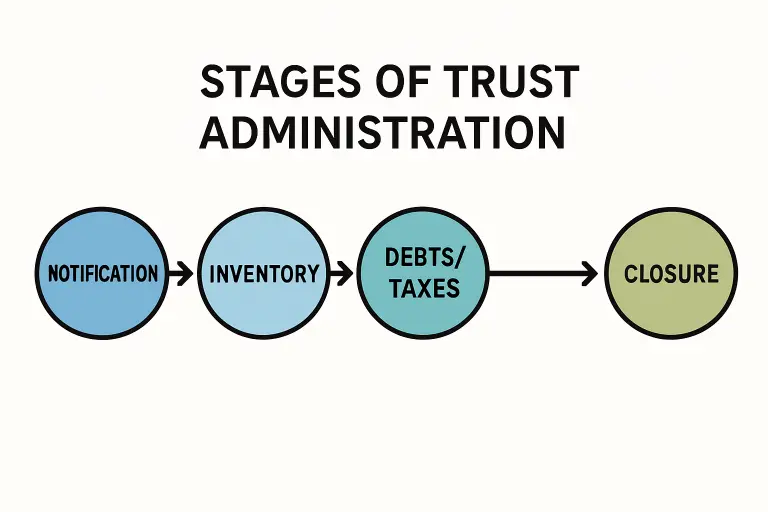


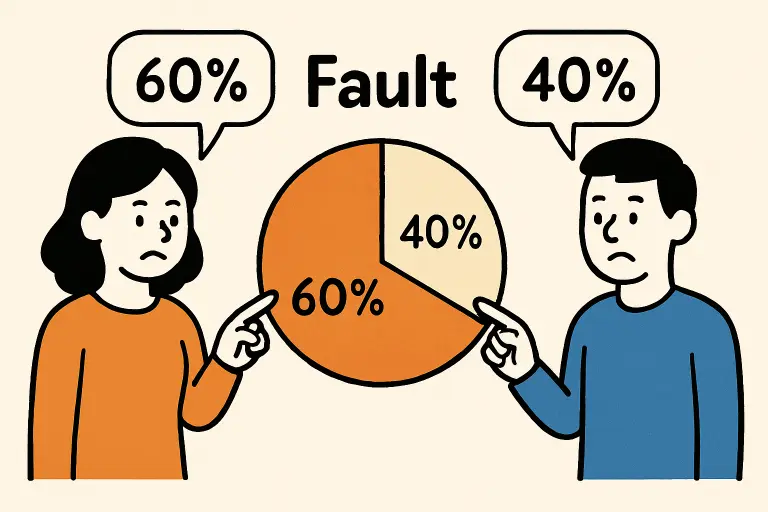











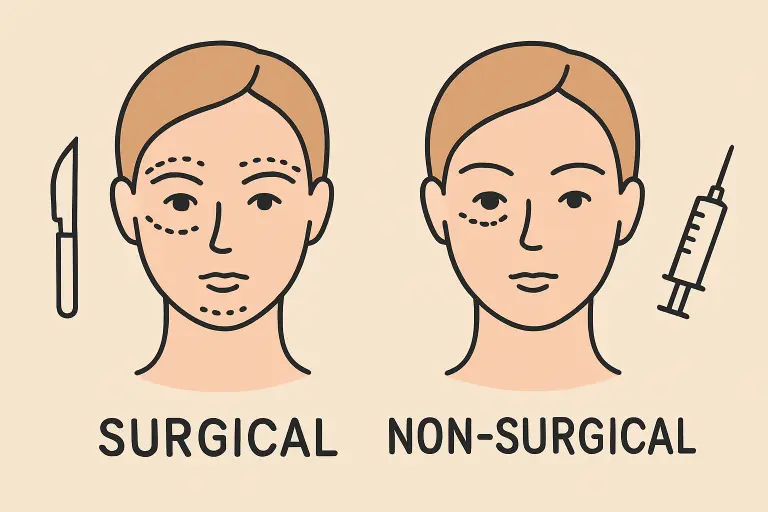
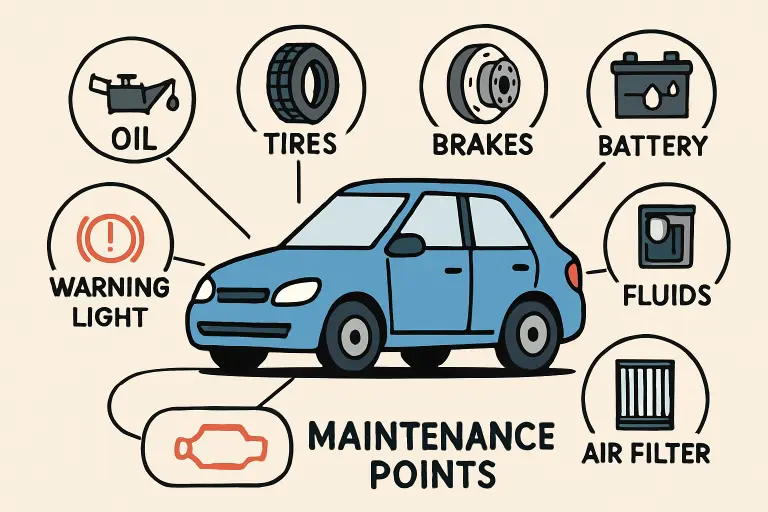













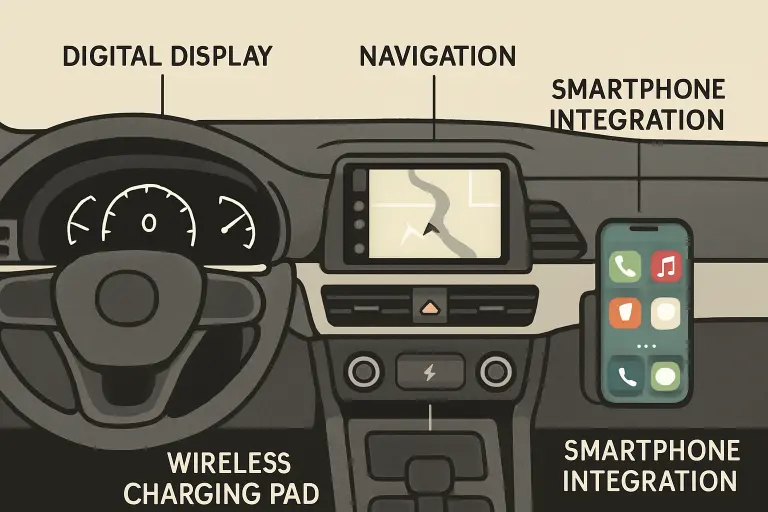







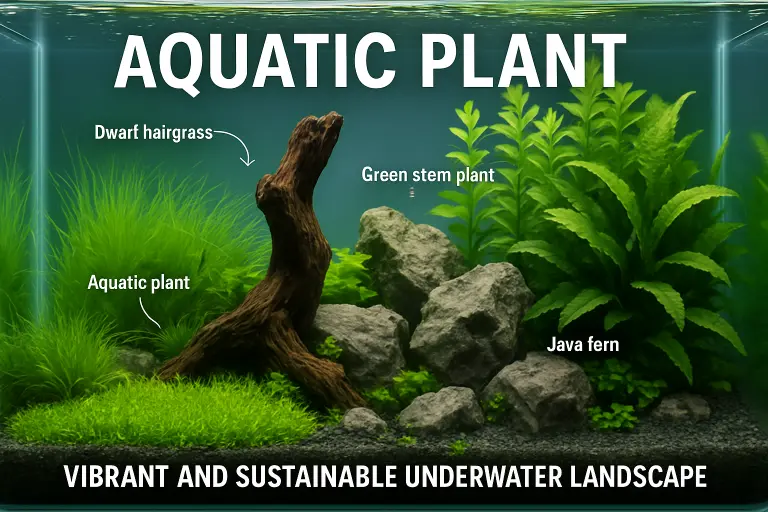




















































































































































































































































































































































































































































































































































































































































































































































































































































































































































































































































































































































































































0